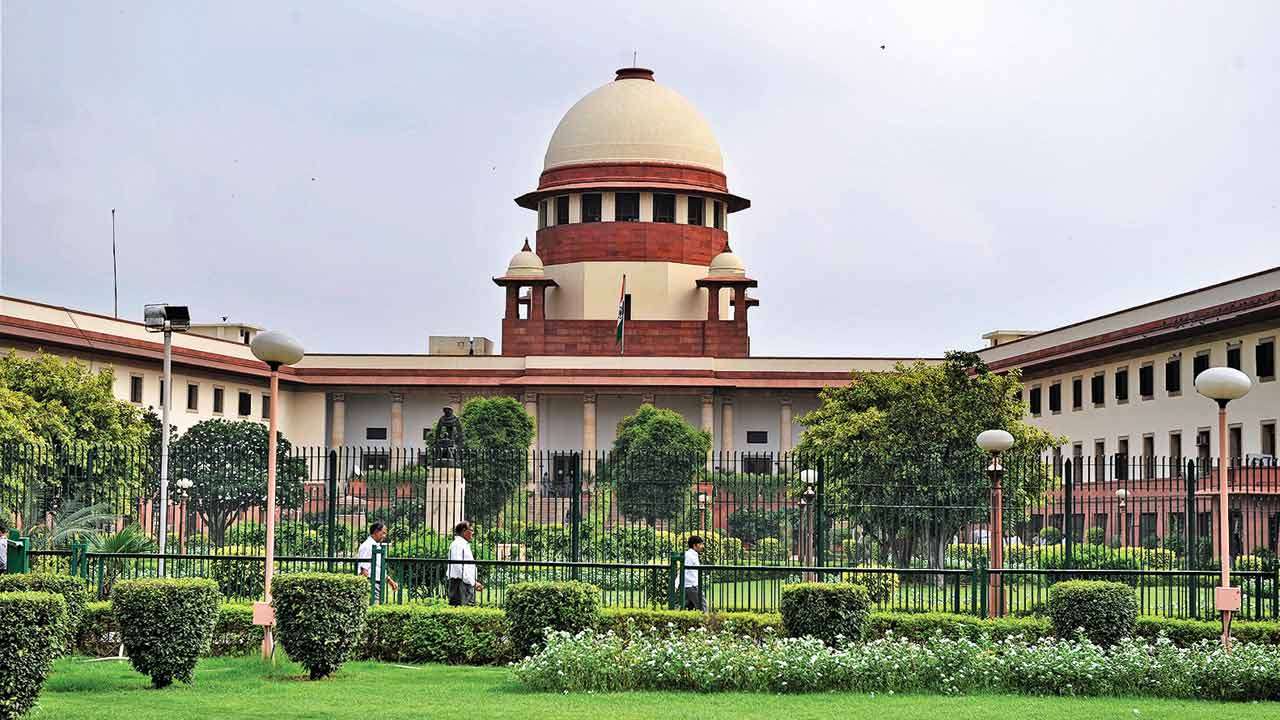

By Sunil Garodia
First publised on 2022-02-18 08:51:58
In a legislative democracy, elections are held to elect people's representatives, called legislators, who can highlight the problems of their constituency and the nation in the state or national assembly, help in drafting and passage of laws, check and vote on the accounts and records the government places in the house, demand answers from the government (if in opposition) and do all other legislative work expected of them. For this, state assemblies and the Lok Sabha needs to sit for a minimum number of days every year so that the work is done diligently and with care.
But The Times of India has done data crunching to report that state assemblies in India had, on an average, just 30 sittings per year over the last decade. The Lok Sabha had 63 sittings per year in the same period. These are shocking figures and point to the fact that legislative business is not given the importance it deserves. Apart from the fact that this devalues legislative democracy, it also leads to a situation where MLAs and MPs get elected just to enjoy the perks and are not seriously involved in making laws or conducting other legislative work. Electioneering at many levels, politicking and party work takes up most of their time.
This cannot be accepted. The state assemblies and the Parliament are not exclusive clubs of privileged politicians. Elected representatives have a huge responsibility. If they assemble sit for so few days, how can they fulfill this responsibility? It is not enough to show that so much legislative work was completed in so and so session as the quality of that work is questionable since it is rushed through the house due to time constraints. There is no vetting by parliamentary committees and no informed debate. Then, since the houses do not assemble, there is an increasing tendency to adopt the ordinance route. All parties must come together to set a benchmark and all state assemblies and the Lok Sabha must sit for at least 115 days in a year, worked out on the basis of half of 365 days less 104 days for weekends and 30 days for national and state holidays. Once that is decided, the presence of all MLAs and MPs must also be ensured, maybe through disincentives for not attending, if needed.










